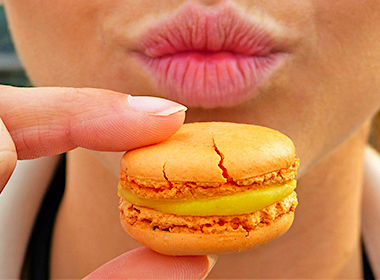

A Closer Look at Muscle Cramps
Muscle cramps are involuntary, often painful contractions of muscles that can occur in any part of the body. They can be triggered by various factors, including dehydration, muscular strain, and electrolyte imbalances.
Common Causes of Muscle Cramps
- Dehydration: A lack of adequate fluids in the body can lead to muscle cramps, especially during strenuous activities or in hot weather.
- Muscle Strain: Overuse or injury to a muscle can cause cramping.
- Electrolyte Imbalance: Electrolytes are minerals that help your muscles function. An imbalance can cause cramps.
Water Vs. Electrolytes: A Comparative Analysis
While water is a vital component for overall health and hydration, it may not be the most effective solution for preventing or treating muscle cramps. Electrolytes, on the other hand, have shown promising results.
Role of Water in the Body
Water plays a crucial role in maintaining the body’s overall health. It aids digestion, keeps the skin healthy, and regulates body temperature. However, it lacks the necessary minerals that muscles require for proper function.
Role of Electrolytes in the Body
Electrolytes are minerals that help your cells to function correctly. They maintain voltage across cellular membranes and carry electrical impulses (like nerve impulses and muscle contractions) across themselves and to other cells.
Your kidneys work to keep the electrolyte concentrations in your blood constant despite changes in your body. For example, when you exercise heavily, you lose electrolytes in your sweat, particularly sodium and potassium. These electrolytes need to be replaced to keep the electrolyte concentrations of your body fluids constant.
Table 1: Comparison between Water and Electrolytes
| Water | Electrolytes | |
|---|---|---|
| Role in Body | Hydration, digestion, skin health, temperature regulation | Cell function, nerve impulse transmission, muscle contractions |
| Impact on Muscle Cramps | Limited, as it lacks essential minerals | Significant, as it replenishes lost minerals |
The Superiority of Electrolytes in Combating Muscle Cramps
While water is essential for hydration, it lacks the minerals necessary for muscle function. Research shows that electrolytes are more effective in preventing muscle cramps because they replenish these necessary minerals.
The Science Behind Electrolytes and Muscle Cramps
According to a study published in the American Journal of Medicine, athletes who consumed electrolyte drinks were less likely to experience muscle cramps than those who drank water alone.
Electrolytes, particularly sodium and potassium, are crucial for muscle contraction and relaxation. When these minerals are depleted through sweat, the risk of muscle cramps increases.
How to Incorporate Electrolytes into Your Diet
Incorporating electrolytes into your diet can be as simple as consuming certain foods and drinks. Some electrolyte-rich sources include:
- Fruits and Vegetables: Bananas, oranges, strawberries, and sweet potatoes are high in potassium.
- Dairy: Milk and yogurt are excellent sources of calcium.
- Drinks: Coconut water, sports drinks, and electrolyte-enhanced water can help replenish lost electrolytes.
Conclusion
While staying hydrated is crucial, the role of electrolytes in preventing muscle cramps cannot be understated. By understanding the causes of muscle cramps and the role of electrolytes, individuals can better manage and prevent these painful occurrences.
Read also:
Share this article












CommentsКомментарии ( 0 )